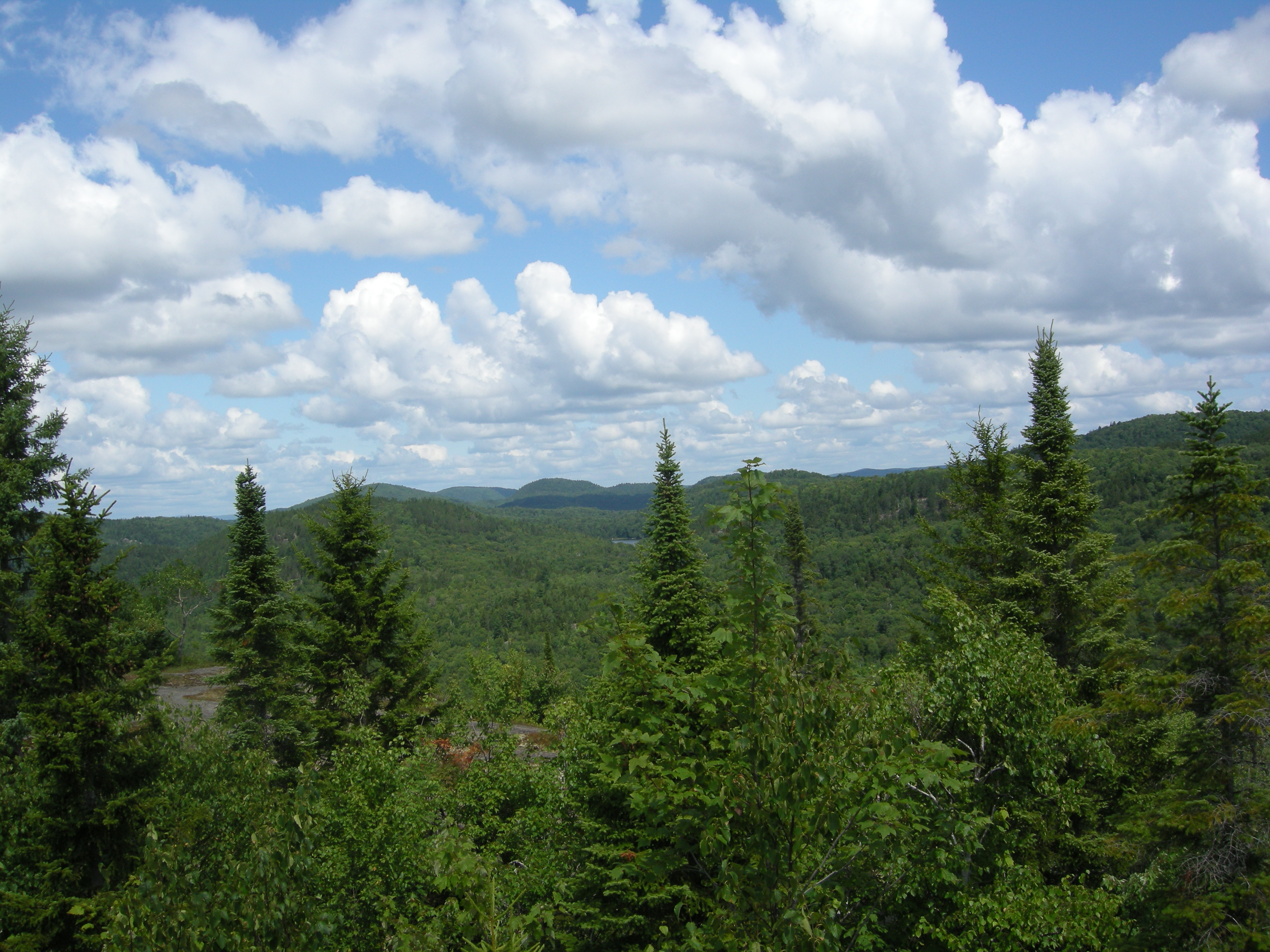Do you want to see more independent reporting from Parliament? Please chip in now to keep rabble.ca on the Hill!
Last week in Ottawa was largely about Dean Del Mastro quitting and Justin Trudeau suspending two MPs.
But, if you can remember that far back, the week started with disturbing news on the environment from the Intergovernmental Panel on Climate Change (IPCC), which, as Green Party Leader Elizabeth May put it, issued its “strongest and most unequivocal report yet.”
“The science has spoken,” May said. “We know that to avoid exceeding two degrees Celsius global average temperature increase, a target that even Stephen Harper has committed to, we will have to set a course to actually stop relying on fossil fuels by the end of the 21st century.”
Stop relying on fossil fuels altogether. That is an extraordinary and unprecedented recommendation. And yet, it is so convincing even that one-time climate change denier Stephen Harper does not dare dispute it.
Harper and his team merely obfuscate and try to claim that their mild and barely noticeable sector-by-sector approach is “working” — although they always take care to add that they have achieved the little they have “without imposing a job-destroying carbon tax.”
Canada has yet to regulate oil and gas sector
Canada, in reality, is doing precious little to move toward a carbon-free economy. The Harper government has not yet even seen fit to include the oil and gas sector in the sector-by-sector approach it vaunts with such rhetorical enthusiasm.
Then, to make matters even less comfortable for Canada’s government of environmental outliers, just as the IPCC report was making news — however (sadly) evanescent that news was — French President François Hollande arrived in Canada for an official visit.
When he spoke to Parliament on Monday, Hollande talked about the great bonds of friendship between Canada and France; about the historic significance of “la francophonie,” and how the French language is no longer the property of the French people alone; about trade, given the agreement the Harper government is trying to finalize with the European Union; and he spoke at length about geopolitics, security and terrorism, as would be expected among allies in the anti-ISIL enterprise.
Then, the French President turned to the environment, and, in particular, climate change.
Here he did not mince his words. As they say in Hollande’s language: “Il n’y est pas allé par quatre chemins.”
“Inaction,” Hollande told the Canadian Parliament, “will lead to a catastrophic scenario which would be unacceptable. Our generation might be able to survive, but it would be unlivable for our children and grandchildren. It is still possible to limit the rise in temperature of the planet to two degrees, if we can reduce greenhouse gas emissions by 40 per cent by 2030, or, at the latest, 2050.”
France hosts the next so-called Conference of the Parties, the coming global conference on climate change, at the end of 2015, and Hollande expressed the hope that Canada will not only be there, but will be prepared to make the commitment to do what it takes to reach that “two degree” limit.
PM escapes hard questions on his record
That same day, when asked about climate change at a joint news conference for the two leaders, Prime Minister Harper did his best to cherry-pick a bit of good Canadian news. He pointed to the Canadian government’s ban on new coal-fired electric plants and the prevalence of “clean” electricity generation in Canada (largely due to extensive hydro-electric resources, not the work of the Harper government).
That press conference was mercifully short, so the Prime Minister was spared tough questions on his actual environmental record.
No reporter present asked, for instance, about the Canadian Environment Commissioner’s most recent report, which came out less than a month ago.
The Commissioner, Julie Gelfand, noted that Canada will not achieve the greenhouse gas emission reductions it promised in 2009, in Copenhagen. And those reductions were weaker than what the Kyoto agreement (from which the Harper government ostentatiously withdrew) required.
The Commissioner also noted that the Harper government had promised what remains the biggest missing piece of its sector-by-sector regulatory approach, oil and gas sector regulations, eight years ago, in 2006.
The Conservative government has drafted those regulations, Gelfand revealed, but it has done so in virtual secrecy. And Harper’s folks have shared those draft regulations with only one province: Alberta.
Fortunately for the Prime Minister, three days later, in our attention deficit disorder age, that climate change controversy seems all-but forgotten.
Harper is probably happy, now, to answer all those questions about the troubles of his one-time Parliamentary Secretary — who, the Prime Minister reminds the House whenever he gets a chance, has not been a member of the Conservative caucus for quite some time.
The Prime Minister did once assure the House that Dean Del Mastro’s election expenses were all in order.
Official Opposition Leader Tom Mulcair pointed out that at one time Harper also gave the House similar assurances about Senator Wallin’s travel expenses — which Harper even claimed to have examined personally.
None of that looks particularly good on Stephen Harper.
But all the scandal talk sure must beat having to deal with the really serious stuff, such as, for instance, Canada being an international truant on greenhouse gas emission reductions.
Photo: Summit of Mont Gorille, Labelle, Quebec. Credit: Karl Nerenberg



